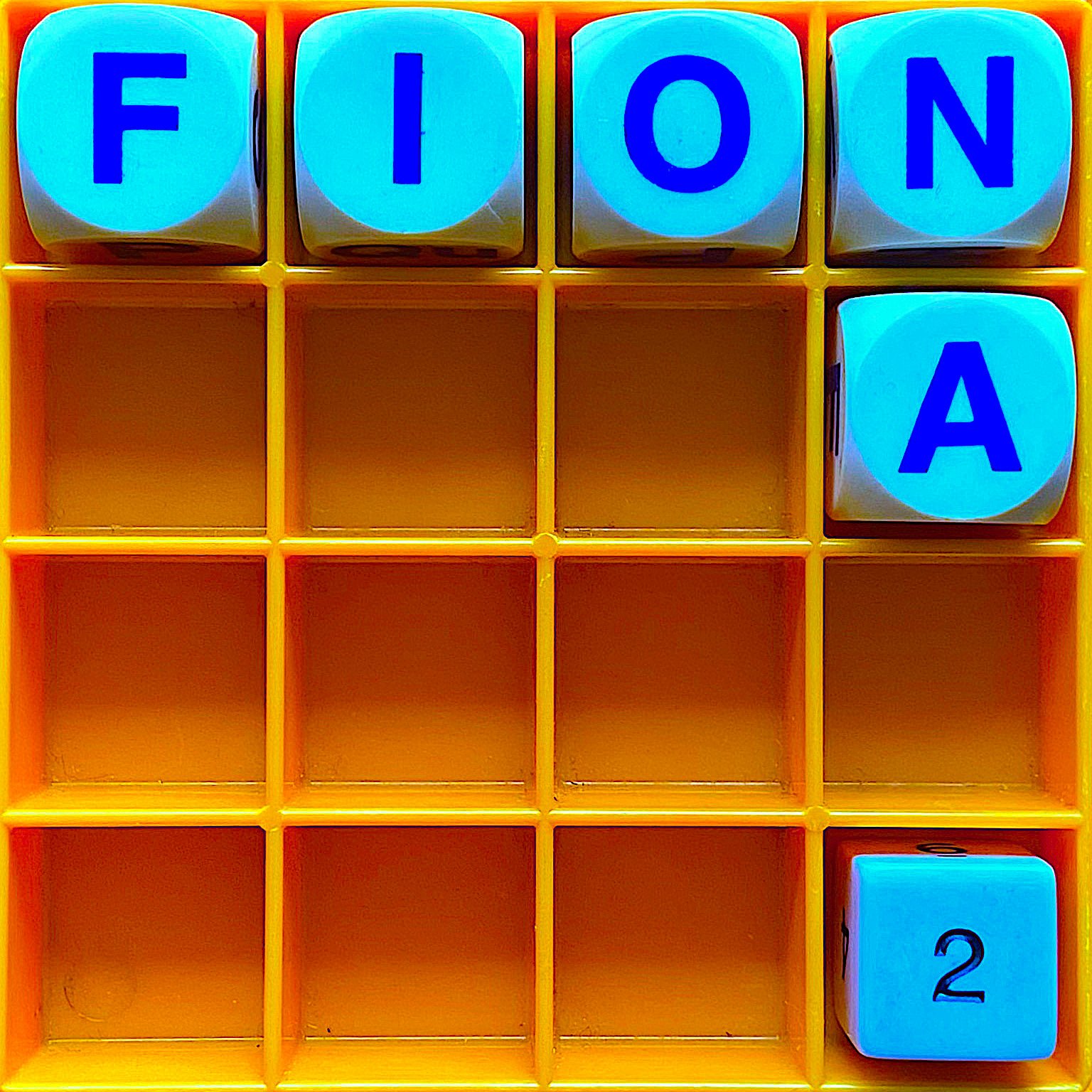There's an abiding myth that the landmark dictionaries are the work of one man, in a dusty paper-filled garrett tirelessly working away singlehandedly. But really it took a village: behind every Big Daddy of Lexicography was usually a team of women, keeping the garrett clean, organising the piles of papers, reading through all the citations, doing research, writing definitions, editing, subediting...essentially being lexicographers, without the credit or the pay.
Academic Lindsay Rose Russell, author of Women and Dictionary-Making, talks about the roles of women in lexicography: enabling male lexicographers to get the job done, but also making their own dictionaries, and challenging the very paradigms of dictionaries.
Read more






